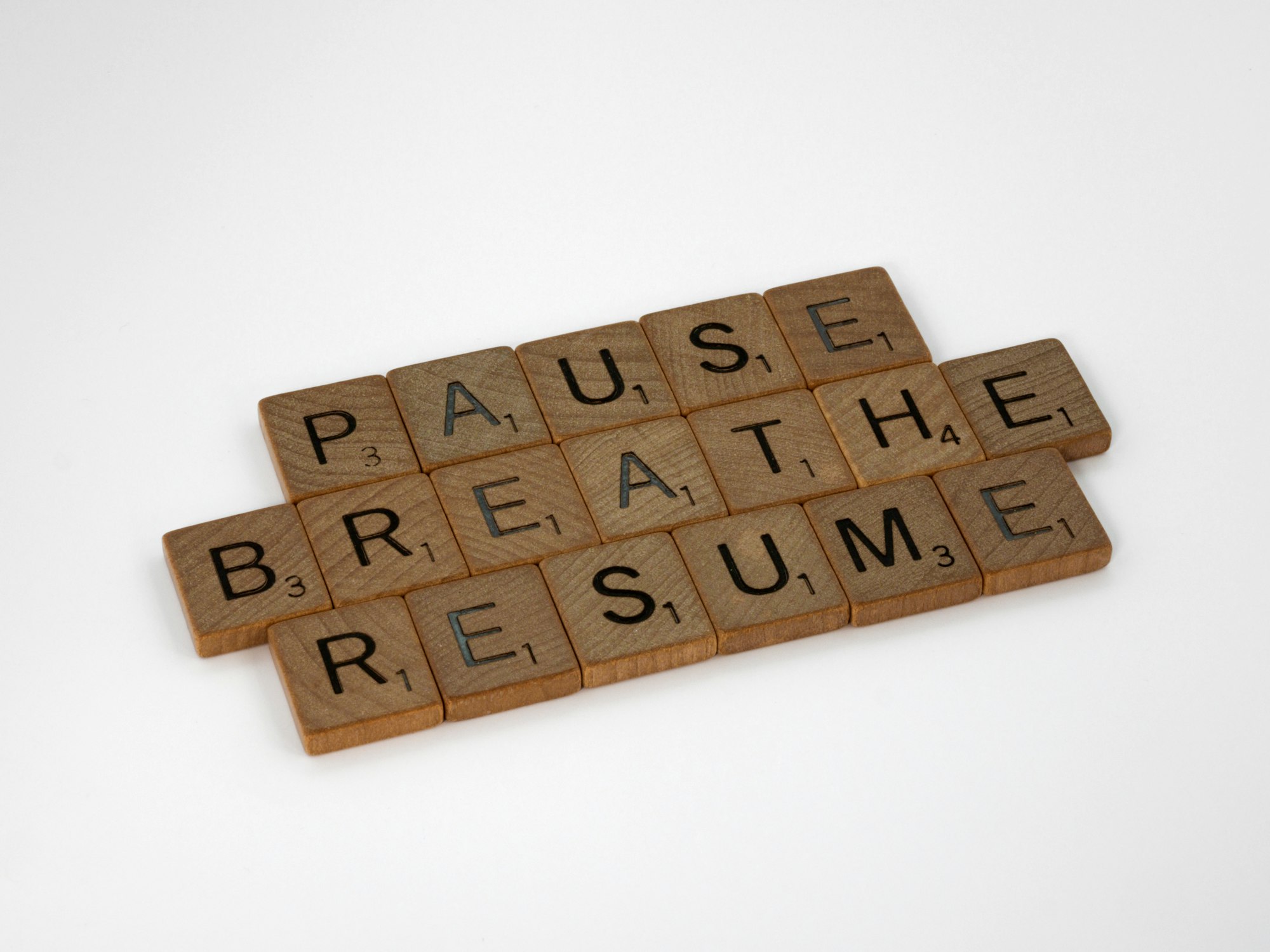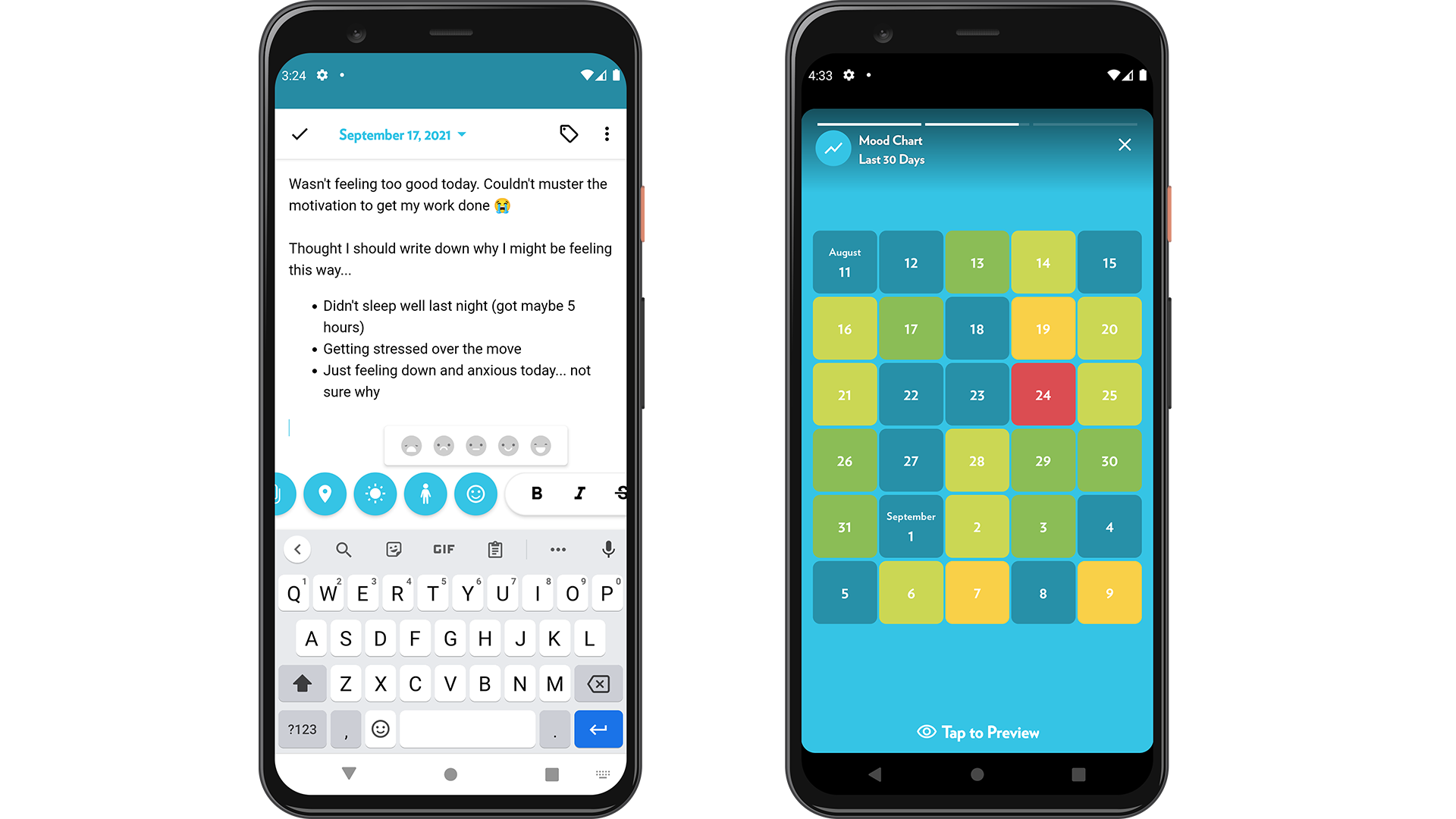Battling Fatigue - How To Improve Your Energy Levels To Live Your Life To The Fullest
Fatigue can be debilitating and frustrating. Often mistaken for temporary tiredness or sleep deprivation, fatigue is often a sign of a deeper imbalance. How do we go about managing this?

We hear people complaining about feeling tired and burnt out more than we hear them rejoice about bursting with energy and zest. Feeling fatigue and exhaustion is a common complaint. We all wear multiple hats and bear many responsibilities in our daily lives. And as humans, we do have thresholds and bandwidths. There is only so much we can handle and power through before you hit energy depletion. Somewhere along the way, your energy level starts to splutter and you cannot find the motivation to keep checking off those tasks on your checklist, or go through with your workout routine for the day, or mingle in a social setting without wanting to withdraw from people.
Fatigue can manifest in different forms. Apart from feeling physically tired or burnt out, you can also feel socially, emotionally, and mentally drained. These varied types of fatigue each wear us out and can surface differently.
Fatigue and a general sense of tiredness can be misunderstood to be the same thing, but the former runs a little deeper than the latter. Read on to find out more about fatigue entails and how can go about managing this and increasing your energy levels.

Photo by christopher lemercier on Unsplash
What is fatigue?
You experience fatigue when you feel a lingering and constant state of tiredness or weakness. This persistent tiredness can come about because of a number of factors, singularly or working concurrently. These circumstances can include work stress, school pressures, medical conditions or chronic illnesses, unsustainable lifestyle choices, relationship troubles, an unstable home environment, and so on. It can affect anyone and everyone at different points or phases in their lives.
Experiencing fatigue is often described as feeling tired, or sleepy, or a general dip in energy levels. It is also commonly assumed to be manageable with a night's sleep or a good meal. But fatigue can be a lot more consequential and hard on the body, mind and soul compared to feeling a lack of energy. You may even feel instantaneously refreshed and rejuvenated after a nap or engaging in some light exercise. But this might be temporary. If you find yourself falling back into a pit of lethargy and exhaust, you may want to dig a little deeper into why can't seem to strike a balance.
Types of Fatigue
The most common form of fatigue is described to be physical. However, fatigue can be experienced on multiple levels such as :
- Social
- Emotional
- Physical
- Mental
- Spiritual
- Romantic
- Pain
- Chronic Illness

Photo by Klara Kulikova on Unsplash
Signs of Fatigue
Fatigue can manifests in physical, mental and emotional ways as well. These include :
- Persistent tiredness or sleepiness
- Body aches or sore muscles
- Brain fog
- Irritability
- Lack of appetite
- Lack of concentration
- Weakened immune system
- Short attention span
- Low levels of motivation or drive
Experiencing fatigue is a symptom of a deeper, underlying issue or imbalance that you may be going through in some aspect of your life. Feeling and being able to describe fatigue, and managing just the lethargy aspect of it will not be sufficient. To be able to reduce fatigue and increase energy levels, you would need to first identify and understand what the underlying cause of your fatigue are.
How to Improve Your Energy Levels
1. Manage possible health and medical concerns
Commonly gone unnoticed, fatigue is a symptom of a handful of underlying chronic illnesses or medical issues. These include sleep apnea, heart diseases, including diabetes, heart disease, anemia, thyroid disorder,. If you're experiencing unrelenting weakness or tiredness, consider visiting the doctor to talk about this possibility.
2. Move
This would probably be the last thing you want to hear; that you have to move when you feel your energy levels have depleted. It may seem counter-intuitive or frustrating that you have to bring yourself to exercise while being fatigued, but moving about and engaging in physical activity does boost energy levels. Being sedentary only causes your energy levels to dip and stagnate.
Exercise has been linked to feeling energized and experience an increase in energy levels. You do expend energy while exercising, but moving increases endorphins levels, boosts the oxygen circulation inside your body, ensures you have better quality sleep, improves the the working and functioning of vital organs like your heart and lungs, and gives you a more acute sense of focus. Releasing endorphins while exercising is what gives you a "euphoric", energized feeling afterwards.
Together with the pay-off of increased energy, moving your body can bring about a greater sense of self-confidence and improve your self-esteem. Spending time and energy on your physical health gives you a sense of ownership and responsibility over your body and can make you feel more controlled of your life.

Photo by Minna Hamalainen on Unsplash
3. Hydrate
This may seem trivial at first glance, but being hydrated and consuming enough water for your body to function and serve you well is vital for your energy levels. Dehydration can affect physical performance, and cause a decrease in alertness and focus levels.
Not taking in enough fluids ultimately affects your blood volume levels. This then causes extra pressure on your organs such as the heart and lungs to perform their functions efficiently; to deliver oxygen and nutrients to all parts of your body. This includes your muscles. Including the muscles. As your body is trying to function efficiently without enough amounts of water, you can experience low energy, muscle soreness, and fatigue as a result of this over-work.
4. Recalibrate
If you have been constantly fatigued and on the move for a while without a break, it might be time to pause and take a step back from your schedule for a little bit. Taking the time to recalibrate and plot how far you've come and what's ahead of you is crucial to creating a healthy and growth headspace for yourself. You may feel bogged down if you have not had the chance to organize your thoughts and time. Not having mental clarity can have adverse effects on your energy and productivity levels.

Photo by Brett Jordan on Unsplash
If you're looking for a place to gain some mental and emotional clarity, Journey offers a safe sanctuary for your mind and soul and tools that can help you organize your thoughts and feelings.
The best way to go about decluttering your headspace is by getting ahead of the tasks that are coming your way and planning. Create to-do lists by organizing, prioritizing, and writing down the tasks that you need to complete. Estimate how much time you will need to complete each task, set a deadline, and work towards checking these off.


Journey also offers the space for journaling, and tools such as mood trackers and calendars for you to keep track of your emotional and mental well-being. If you are feeling overwhelmed and experiencing a dip in your energy levels, take a little bit of time to try and write out and understand why you might be feeling this way. Writing it out is beneficial and can be the first active step you take towards understanding your fatigue.
5. Understand your body clock
Some people are early birds. They find the mornings to be the most productive time of the day for them, and they rise early to make the best of this. Others, night owls, prefer to work at night and check things off their to-do list once the sun sets. They function the best towards the end of the day.
Daily energy patterns differ from person to person, and can be pre-determined by things like genetics and body make-up. These are often difficult to change. But start with being aware of your energy levels at different times of the day. Your energy levels are bound to fluctuate between day at night, and even vary between days. But paying attention to these changing levels and getting a good sense of how you feel at different times of the day is a step you can take towards combating fatigue. Identify when your energy is typically at it's peak and attempt to check off things from your schedule during this time.
6. Manage your sleep
It is also crucial, no matter which time of the day you feel your best, that you clock in sufficient sleep. You may feel like you could power through your day or week with little sleep, but this inadvertently takes effect on your focus levels, attention span, productivity, mood and overall quality of sleep. Your body regenerates, re-sets and replenishes itself while asleep, and this is crucial to your optimum functioning.

Photo by bruce mars on Unsplash
Do not take feelings of fatigue lightly. Low energy levels can be a sign of something a little more deep-rooted and in need of attention. Your health and well-being are priority, and crucial for you to live your life on your own terms and to the fullest. Pay attention to how your body, mind, and heart are feeling in different spaces and spheres of your life and strive to strike a balance.


